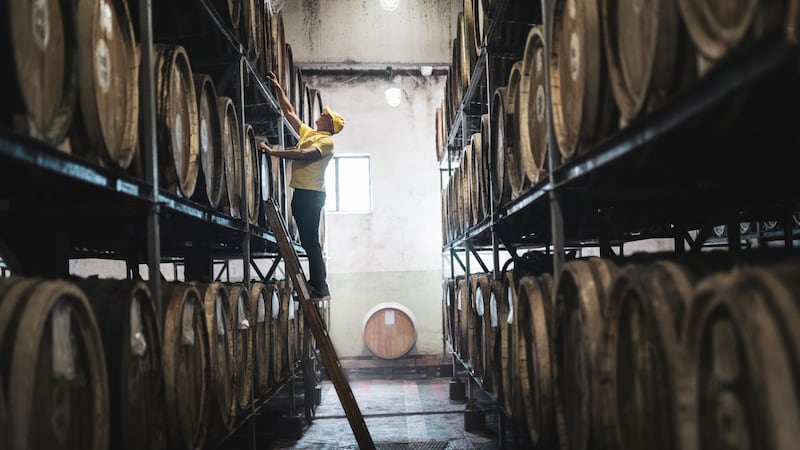ChemChina and Sinochem are planning to merge next year, creating the world's biggest chemicals group with $100 billion of revenues, according to senior bankers in Asia. The deal would follow ChemChina's $43 billion purchase of Swiss agrochemicals leader Syngenta – due to close as early as this month – amid more general consolidation in the sector.
With 1.4 billion mouths to feed, China is eager to control technology in seeds, herbicides and pesticides, despite widespread domestic opposition to genetically modified crops. Bankers say the merger of the two domestic groups is politically driven, aimed at ensuring ChemChina has the financial strength to absorb Syngenta. The heavily indebted chemicals conglomerate will have sealed China's largest overseas deal when the Syngenta purchase is concluded.
Bridge financing for the Syngenta purchase – which on Friday was backed by 80 per cent of the Swiss agribusiness's shareholders – has been in place for more than a year, thanks to a banking consortium led by HSBC. But ChemChina has revealed few details of its final financing plans – a mix of loans, equity and support from Chinese conglomerate Citic.
Both groups, and their chief executives, have repeatedly denied having any plans to combine, and declined to comment on the latest reports.
Nonetheless, several senior bankers close to the groups and their leadership said that the State-Owned Assets Supervision and Administration Commission (Sasac) – the government entity that controls the two companies – planned to combine them to form a chemicals group with total revenues of $100billion. Sasac declined to comment.
Senior corporate and investment bankers in Asia say they will soon vie for the combined group’s business. Meanwhile, lower-ranking employees at both companies said they were preparing for a merger – or seeking jobs elsewhere in anticipation of consolidation.
Foreign technology
ChemChina's handling of the Syngenta deal was received poorly by China's leadership, according to people familiar with the matter. While the strategic nature of the merger dovetails with China's efforts to buy foreign technology and improve its agricultural yields, Ren Jianxin, the group chairman, made enemies by initiating the deal without full clearance from the country's most important decision makers.
Mr Ren has proved to be a relentless dealmaker. After creating ChemChina from a number of state-owned chemicals plants, his deals over the past five years have included a $7.3 billion buyout of Italian tyremaker Pirelli.
A tie-up would pit him against Ning Gaoning, the Sinochem chairman, for control of the merged group. Mr Ning who goes by the name Frank, rose to prominence among leaders of state-owned companies as an aggressive dealmaker for Cofco, the state grain trader.
- (Copyright The Financial Times Limited 2017)














